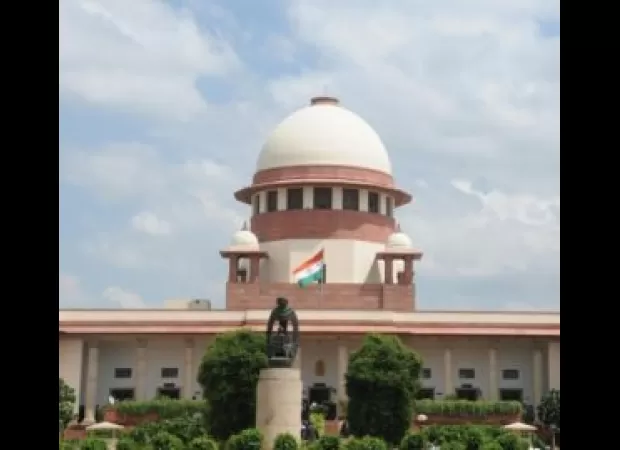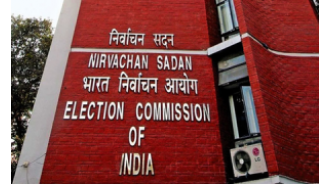SC may create panel to address petitions regarding new laws passed as money bills to bypass RS
India's Supreme Court to review proposal for constitutional bench to address challenges to laws passed as money bills by Modi government.

New Delhi: On Monday, the Supreme Court agreed to consider an important suggestion regarding the establishment of a constitutional bench to handle pleas challenging the legality of laws passed by the Modi government, such as the Aadhaar Act. These laws were allegedly classified as money bills in order to bypass the Rajya Sabha, where the government did not have a majority.
Currently, the Bharatiya Janata Party (BJP) holds 86 seats and the ruling National Democratic Alliance (NDA) holds 101 seats in the 245-member Rajya Sabha, where the majority mark is 123. The passage of bills like the Aadhaar Act and amendments to the Prevention of Money Laundering Act as money bills has sparked a major political and legal controversy.
One of the petitioners, Congress general secretary in-charge of communications Jairam Ramesh, has challenged the passage of the 2016 Aadhaar Act as a money bill under Article 110 of the Constitution. Senior advocate Kapil Sibal informed the bench, led by Chief Justice of India D Y Chandrachud and justices J B Pardiwala and Manoj Misra, that the petitions were ready to be heard.
Sibal also requested that the matter be given priority, as it is already listed for a scheduled constitution bench hearing. However, the CJI responded by saying that he would make the decision on creating a constitution bench when the time came.
Later in the day, the Congress party welcomed the Supreme Court's decision to consider setting up a constitution bench to hear the pleas. They expressed hope that a final verdict would be reached before Chandrachud's retirement in November of this year.
Previously, the Supreme Court had stated that it would form a seven-judge bench to examine the issue of the legality of laws like the Aadhaar Act being classified as money bills. A money bill can only be introduced in the Lok Sabha, and the Rajya Sabha does not have the power to amend or reject it. They can only make recommendations, which may or may not be accepted by the Lower House.
Last year in October, a bench headed by the CJI had announced that all pending matters with a seven-judge bench would be listed for procedural directions. In November 2019, a five-judge bench of the Supreme Court had referred the issue of examining the legality of the passage of the Finance Act, 2017 as a money bill to a larger bench.
The five-judge bench had ruled in favor of keeping the issue of the appointment and service conditions of members of various tribunals open for a larger bench to adjudicate. In the previous Aadhaar judgement, the Supreme Court had deemed the passage of the law as a money bill to be valid. However, Justice Chandrachud, the current CJI, had written a dissenting judgement and referred to the designation of the legislation as a money bill as a "fraud on the Constitution".






